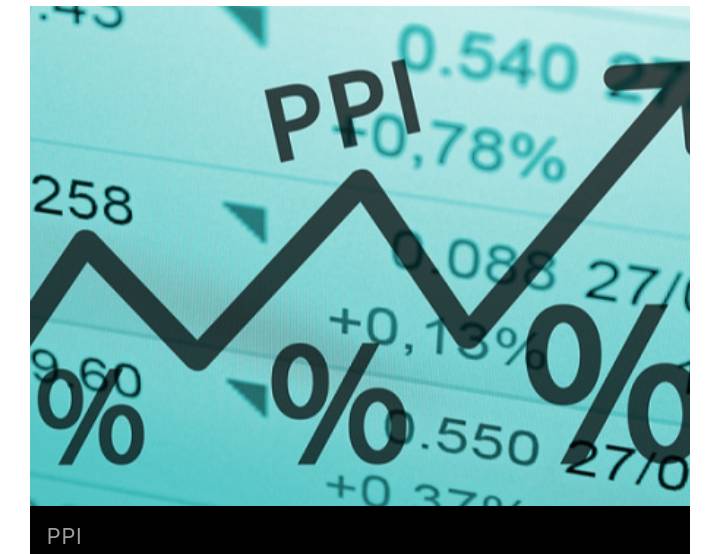Ghana's Producer Price Inflation (PPI) rate surged to 33.0% in October 2024, marking a 2.5 percentage point increase from September’s rate of 30.5%. This reflects significant upward pressure on production costs across various sectors, as reported by the Ghana Statistical Service (GSS).
The month-on-month PPI change between September and October 2024 stood at 3.0%, underlining persistent inflationary trends affecting producers.
Sectoral Breakdown
The Industry sector, excluding construction, experienced the highest inflationary pressures, with its PPI climbing from 43.3% in September to 48.8% in October. Similarly, the Construction sector recorded an increase in inflation to 31.5%.
The Services sector remained relatively stable, maintaining its inflation rate at 12.4% in October. However, certain sub-sectors showed contrasting trends, reflecting varied economic dynamics.
Sub-Sector Highlights
Mining and Quarrying
The Mining and Quarrying sector recorded the highest inflation rate, hitting 54.3%, well above the national average of 33.0%.
Manufacturing
Within the Manufacturing sub-sector, inflation stood at an average of 22.7%. However, four out of 23 major manufacturing groups recorded inflation rates significantly above this average.
- The Manufacture of motor vehicles, trailers, and semi-trailers saw the steepest inflation rate at 87.7%.
- The Manufacture of basic metals followed with a notable inflation rate of 50.8%.
Water Supply, Sewerage, and Waste Management
This sub-sector recorded the lowest inflation rate among all industrial activities, with water collection, treatment, and supply posting a modest 2.9% inflation rate. Waste collection, treatment, and disposal activities recorded a slightly higher inflation rate of 7.2%, up marginally from September’s 7.0%.
Services Sector
Key sub-sectors within the Services sector showed mixed inflationary trends:
- The Transport and Storage sub-sector recorded a slight increase in inflation, rising from 32.0% in September to 32.5% in October.
- Accommodation and Food Services experienced a decrease, with inflation dropping from 31.8% to 29.6%.
- Information and Communication maintained a relatively low inflation rate of 8.0%.
Implications and Outlook
The increase in PPI across most sectors highlights escalating production costs, which could eventually translate into higher consumer prices. Rising inflation in critical sub-sectors such as Mining and Manufacturing may affect export competitiveness and input costs for other industries.
The persistent inflation in the Industry and Construction sectors is a cause for concern, as these areas are critical to economic growth and development. Meanwhile, the relatively stable inflation in the Services sector indicates some resilience but reflects varying pressures across its sub-sectors.
Strategic Considerations
Policymakers and industry stakeholders will need to address the underlying factors driving inflation, including rising input costs, supply chain disruptions, and external economic pressures. A focus on stabilizing prices in high-impact sectors like Manufacturing and Mining could mitigate broader economic effects.
Additionally, the continued low inflation in Water Supply, Sewerage, and Waste Management offers a silver lining, indicating that essential services are somewhat shielded from the inflationary pressures affecting other industries.
Conclusion
The October 2024 PPI figures underline Ghana's ongoing inflationary challenges, with significant increases in key production sectors. As the government and stakeholders strategize to contain these pressures, balancing economic growth with inflation control will remain a critical priority.
Source: Joy Business



No comments yet
Be the first to share your thoughts!